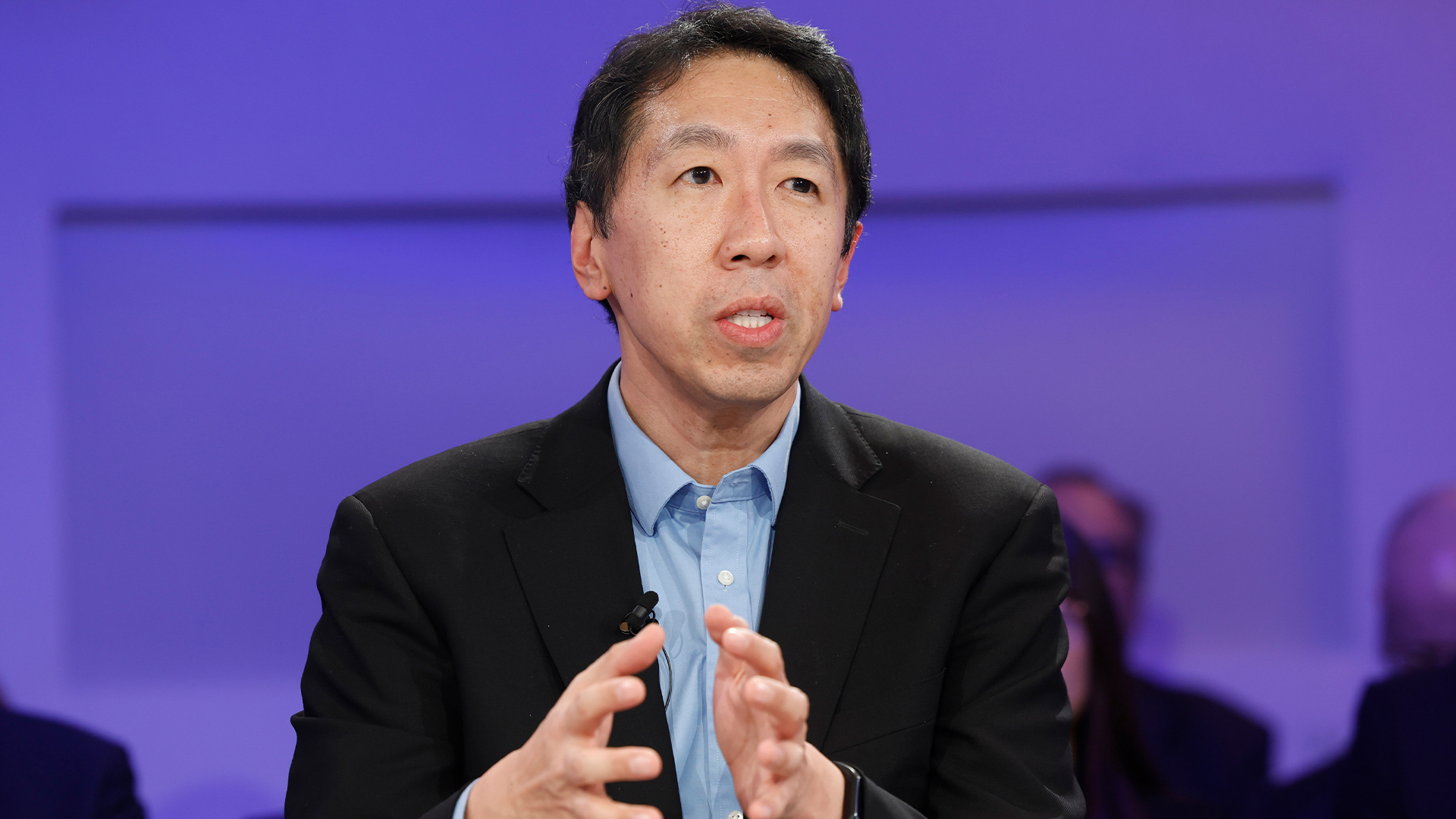AI coding tools aren’t the solution to the unfolding 'developer crisis’ – teams think they can boost productivity and delivery times, but end up bogged down by manual remediation and unsafe code
AI is pitched as the perfect solution to growing developer productivity problems, but it comes with its own problems


Despite its efficiency benefits, AI code generation and similar solutions may not be the panacea to the ongoing ‘developer crisis’, new research warns.
AI code generation tools may have helped increase velocity, but deployment errors mean devs are becoming increasingly bogged down in manual tasks remediating the systems’ various failings.
A new report from Harness interviewed 500 engineering leaders and practitioners to gauge the impact of AI coding tools on software delivery, assessing the current challenges inhibiting the successful incorporation of AI into the existing modern software development ecosystem.
Harness found 59% of developers reported problems with deployments at least half the time when using AI coding tools.
Although 92% of respondents reported that AI tools increased the volume of code shipped into production, they noted they also increased the ‘blast radius’ of a bad deployment.
In addition, 67% developers said they spend more time debugging AI-generated code and 68% spent more time resolving security vulnerabilities after adopting AI tools.
The report argued that while AI accelerates code production it ultimately creates “new demands around code review, security validation, and quality assurance [QA].”
Sign up today and you will receive a free copy of our Future Focus 2025 report - the leading guidance on AI, cybersecurity and other IT challenges as per 700+ senior executives
Developers noted that this “increased verification overhead” offsets a “considerable amount of the productivity gains”.
Harness spoke to engineering leaders about their top concerns about the increased adoption of AI code generation tools and the impact it has had on their workplace.
Just over half (52%) of leaders said they have observed an increase in vulnerabilities and security incidents after their organization started using AI-generated code, as well as an increase in performance problems.
Furthermore, 46% cited a growth in the amount of manual downstream work developers had to do, including QA, testing and integration, as well as a more effort associated with regulatory non-compliance (44%), and a reduction in code quality (40%).
AI coding tools look to help alleviate growing productivity losses
The Harness report argues that the appetite for these AI coding solutions is high due to the increasing pressure software development teams are under to stay on top of ever-expanding responsibilities while ensuring velocity is maintained.
Harness found developers are already struggling with lost productivity due to constant context switching and a litany of manual tasks that distract them from their work.
Over three quarters (78%) of developers said they spend at least 30% of their time on manual, repetitive tasks. This includes writing compliance policies, conducting quality assurance testing, and error remediation.
Bogging developers down with these tasks could have a significant financial impact on your organization, Harness warned, providing an estimate for the cost these solutions have had on productivity overall.
Using the average developer salary of $107,599, Harness found that if devs are spending 30% of their time on manual tasks, this would equate to $32,280 of wasted investment per developer.
Extrapolating this out to the 25 organizations Harness spoke to, this balloons to at least $8 million in lost productivity per engineering team.
Harness added that on top of the financial waste, these tasks are also creating burnout issues by burdening them with an ever-growing workload of manual, repetitive tasks that keep them from coding.
RELATED WHITEPAPER

When asked about how many hours they work a week, 88% of respondents said they work more than 40 hours per week. Half of developers said that working overtime like this creates an unhealthy work/life balance, while 46% said it entices them to leave an organization.
Virtually every developer (98%) said they believe AI tools are a great way to reduce burnout, but that although they may help free them up to ship code more quickly, they are still concerned about the potential negative impacts this code could have.

Solomon Klappholz is a former staff writer for ITPro and ChannelPro. He has experience writing about the technologies that facilitate industrial manufacturing, which led to him developing a particular interest in cybersecurity, IT regulation, industrial infrastructure applications, and machine learning.
-
 What is Microsoft Maia?
What is Microsoft Maia?Explainer Microsoft's in-house chip is planned to a core aspect of Microsoft Copilot and future Azure AI offerings
-
 If Satya Nadella wants us to take AI seriously, let’s forget about mass adoption and start with a return on investment for those already using it
If Satya Nadella wants us to take AI seriously, let’s forget about mass adoption and start with a return on investment for those already using itOpinion If Satya Nadella wants us to take AI seriously, let's start with ROI for businesses
-
 So much for ‘trust but verify’: Nearly half of software developers don’t check AI-generated code – and 38% say it's because it takes longer than reviewing code produced by colleagues
So much for ‘trust but verify’: Nearly half of software developers don’t check AI-generated code – and 38% say it's because it takes longer than reviewing code produced by colleaguesNews A concerning number of developers are failing to check AI-generated code, exposing enterprises to huge security threats
-
 Microsoft is shaking up GitHub in preparation for a battle with AI coding rivals
Microsoft is shaking up GitHub in preparation for a battle with AI coding rivalsNews The tech giant is bracing itself for a looming battle in the AI coding space
-
 AI could truly transform software development in 2026 – but developer teams still face big challenges with adoption, security, and productivity
AI could truly transform software development in 2026 – but developer teams still face big challenges with adoption, security, and productivityAnalysis AI adoption is expected to continue transforming software development processes, but there are big challenges ahead
-
 AI is creating more software flaws – and they're getting worse
AI is creating more software flaws – and they're getting worseNews A CodeRabbit study compared pull requests with AI and without, finding AI is fast but highly error prone
-
 AI doesn’t mean your developers are obsolete — if anything you’re probably going to need bigger teams
AI doesn’t mean your developers are obsolete — if anything you’re probably going to need bigger teamsAnalysis Software developers may be forgiven for worrying about their jobs in 2025, but the end result of AI adoption will probably be larger teams, not an onslaught of job cuts.
-
 Google CEO Sundar Pichai thinks software development is 'exciting again' thanks to vibe coding — but developers might disagree
Google CEO Sundar Pichai thinks software development is 'exciting again' thanks to vibe coding — but developers might disagreeNews Google CEO Sundar Pichai claims software development has become “exciting again” since the rise of vibe coding, but some devs are still on the fence about using AI to code.
-
 ‘Slopsquatting’ is a new risk for vibe coding developers – but it can be solved by focusing on the fundamentals
‘Slopsquatting’ is a new risk for vibe coding developers – but it can be solved by focusing on the fundamentalsNews Malicious packages in public code repositories can be given a sheen of authenticity via AI tools
-
 Google Brain founder Andrew Ng thinks everyone should learn programming with ‘vibe coding’ tools – industry experts say that’s probably a bad idea
Google Brain founder Andrew Ng thinks everyone should learn programming with ‘vibe coding’ tools – industry experts say that’s probably a bad ideaNews Vibe coding might help lower the barrier to entry for non-technical individuals, but users risk skipping vital learning curves, experts warn.